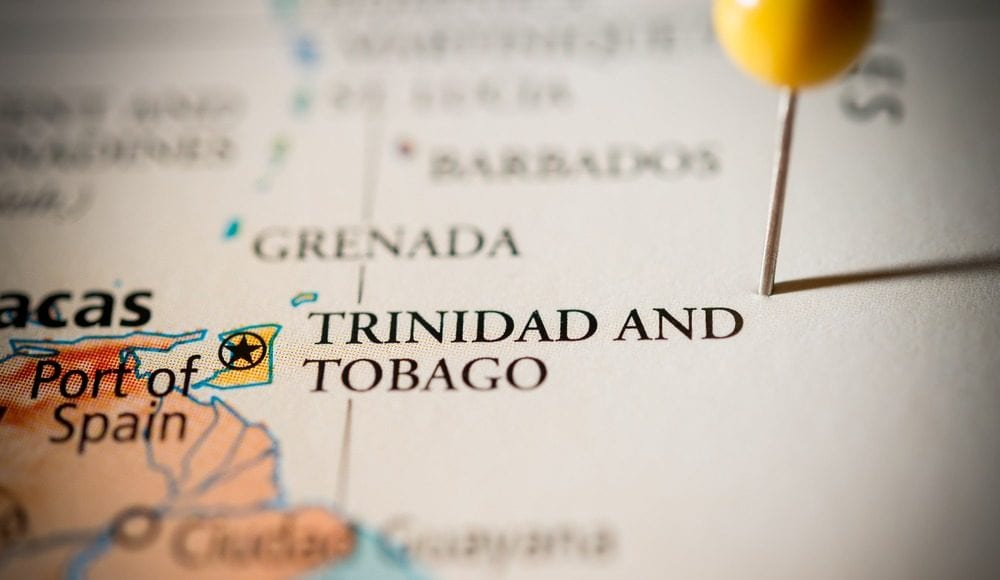For the first time in a decade, Trinidad and Tobago is undergoing a gradual and sustained economic recovery, according to the International Monetary Fund (IMF). On May 8, 2024, the IMF Executive Board concluded its Article IV consultation with Trinidad, highlighting significant economic improvements.
It said real gross domestic product (GDP) grew by 2.1% in 2023, driven by strong performance in the non-energy sector. Inflation in Trinidad has declined, mainly due to decreasing global food and imported goods prices. The IMF said T&T’s financial sector remains sound, with expanding credit to the private sector. The current account surplus persisted in 2023, with international reserves covering 8.3 months of imports.
“The fiscal deficit for FY2023 was better than expected, supporting recovery efforts while public sector debt stayed below the authorities’ soft debt target. Economic growth is projected to accelerate in 2024, bolstered by both the non-energy and energy sectors, with inflation expected to remain low,” the IMF report outlined. Trinidad has about 10 years of gas production left based on less than 12 trillion cubic feet (tcf) of natural gas reserves, its Minister of Energy and Energy Industries, Stuart Young had said during a May 29 live press conference.
It said, however, the current account surplus is projected to narrow to 5.7% of GDP due to declining energy prices and exports. International reserves are expected to cover 7.5 months of imports in 2024.
The IMF also noted that external public buffers in the Heritage and Stabilization Fund are substantial, about 20% of GDP. The fiscal deficit is anticipated to reach 2.7% of GDP in FY2024 due to lower energy revenues, increased capital spending, and a higher wage bill from long-standing public wage settlements.
The IMF identified downside risks in the near term, including external factors affecting energy markets and domestic energy production issues. However, medium-term prospects appear more optimistic with potential boosts from new natural gas projects and structural reforms.




